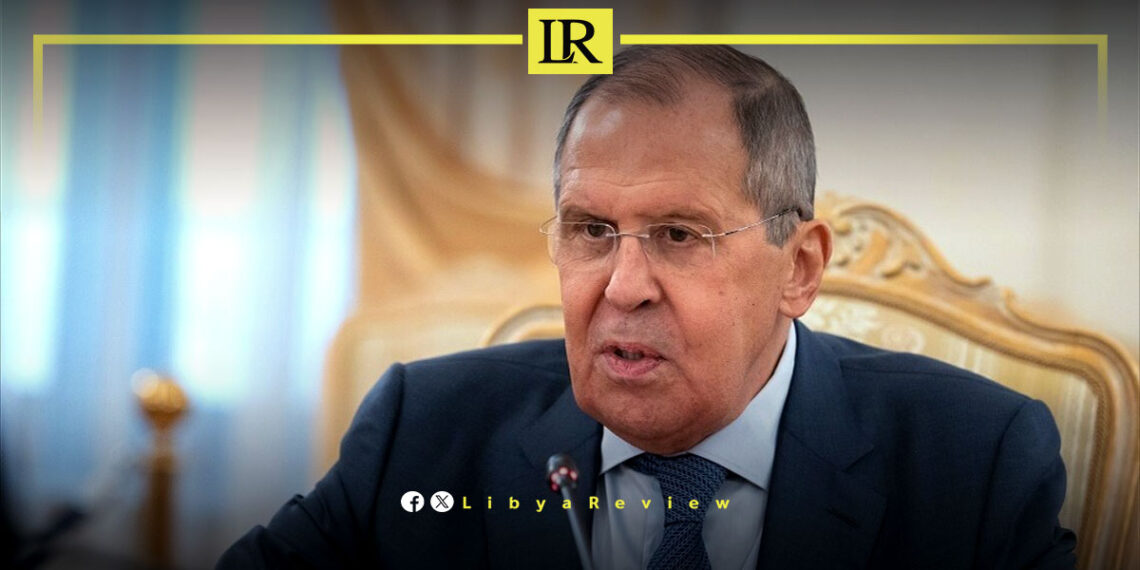Russian Foreign Minister Sergey Lavrov stated that political instability in Libya continues to hinder the full resumption of practical cooperation between the two countries. While emphasizing that dialogue between Moscow and Tripoli remains ongoing, Lavrov said conditions are not yet stable enough to implement large-scale joint projects.
Lavrov made the remarks during a reflection on the 70th anniversary of diplomatic relations between Russia and Libya, noting that the two countries have historically enjoyed friendly ties since Libya gained independence. He highlighted past agreements signed between both sides, including declarations on strategic cooperation and economic development.
However, Lavrov said that Libya’s trajectory changed dramatically following the 2011 NATO-led intervention. He described the Western military campaign as a violation of UN Security Council resolutions and called it a criminal act that led to long-term instability. According to Lavrov, the consequences of that intervention are still felt across Libya today.
Despite the difficult circumstances, Lavrov reaffirmed that Russian companies remain ready to activate previously signed agreements. He noted that while a ceasefire exists, the current political environment lacks the stability necessary for full-scale cooperation to resume. He added that ongoing internal divisions remain a major obstacle.
Lavrov stressed that Russia maintains balanced relations with all sides of the Libyan political divide. He confirmed continued engagement with the Libyan National Army and the Tripoli-based Government of National Unity, while urging both to pursue dialogue and reach consensus on the structure of a future unified state.
Russia, he said, has taken part in various international efforts aimed at bringing Libya’s east and west together, and continues to encourage internal reconciliation. Lavrov concluded by expressing hope that Libya will one day return to a fully peaceful, sovereign, and stable nation—capable of rebuilding and charting its own future.


